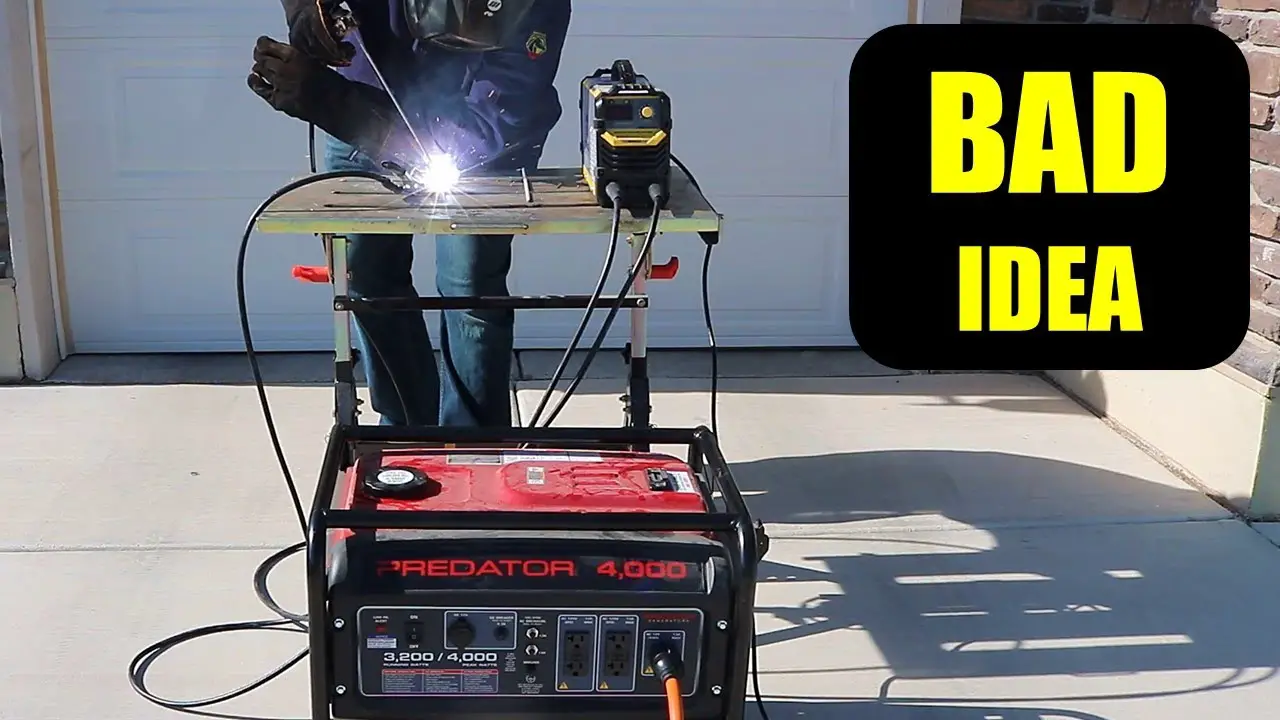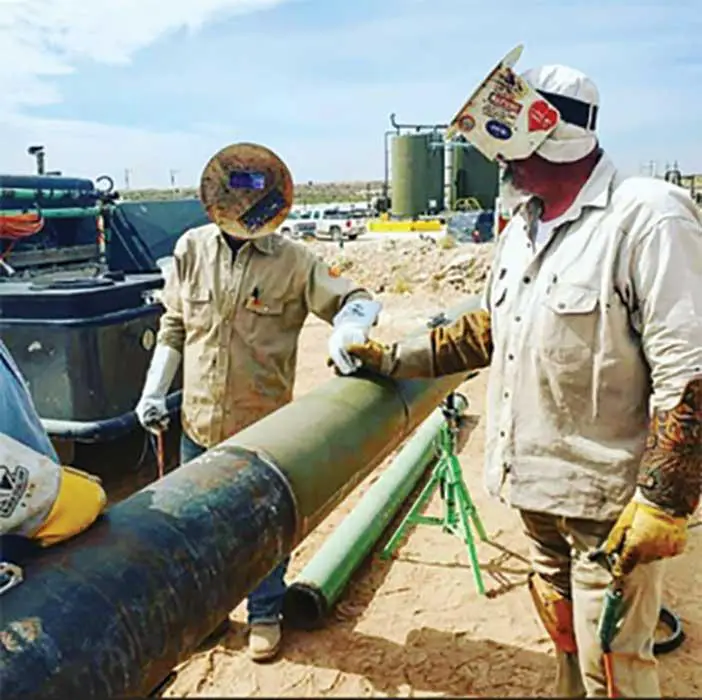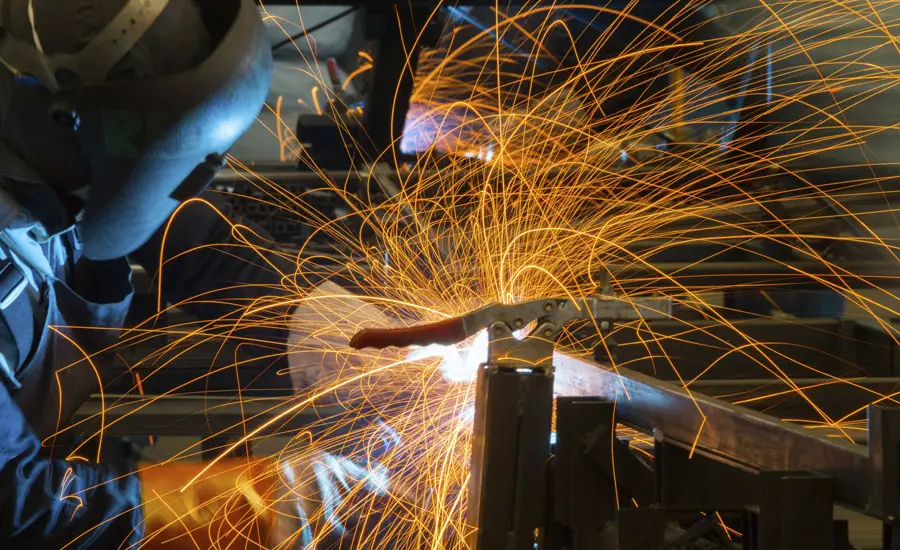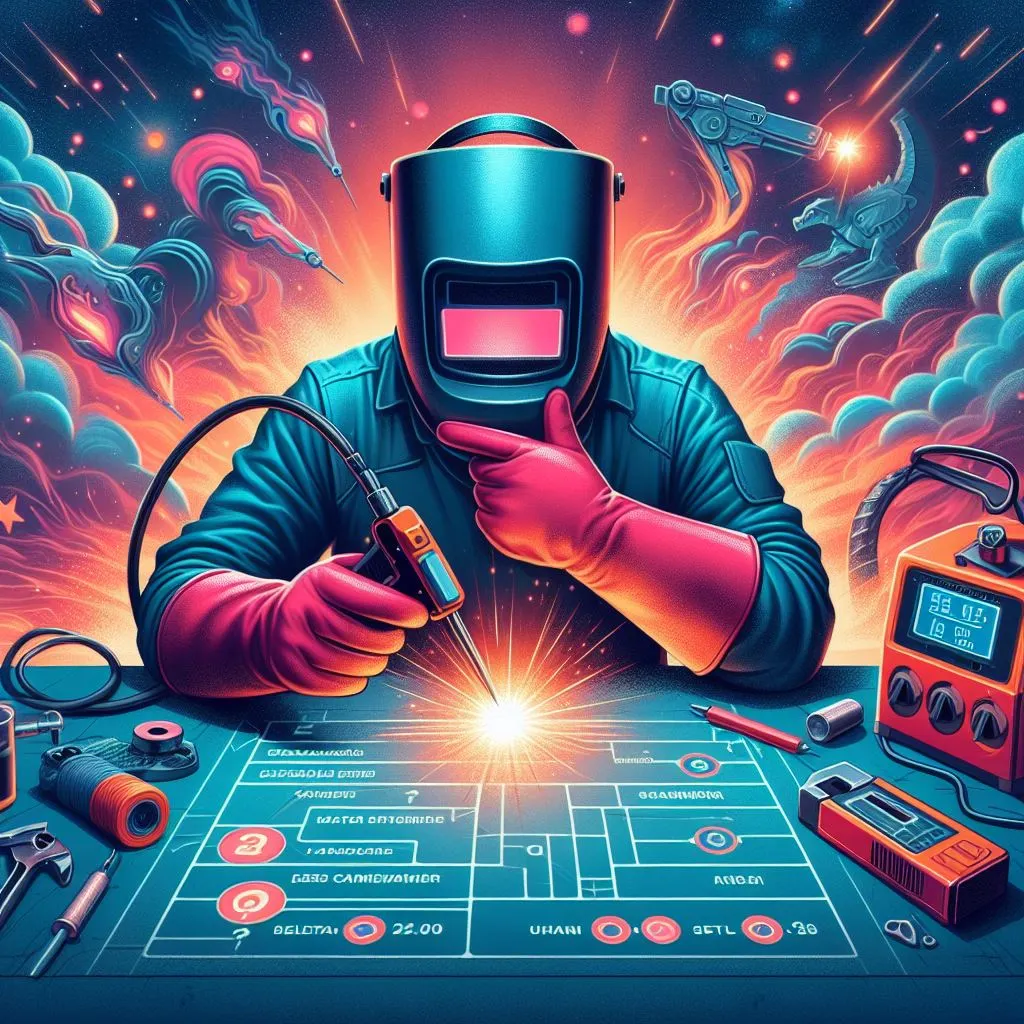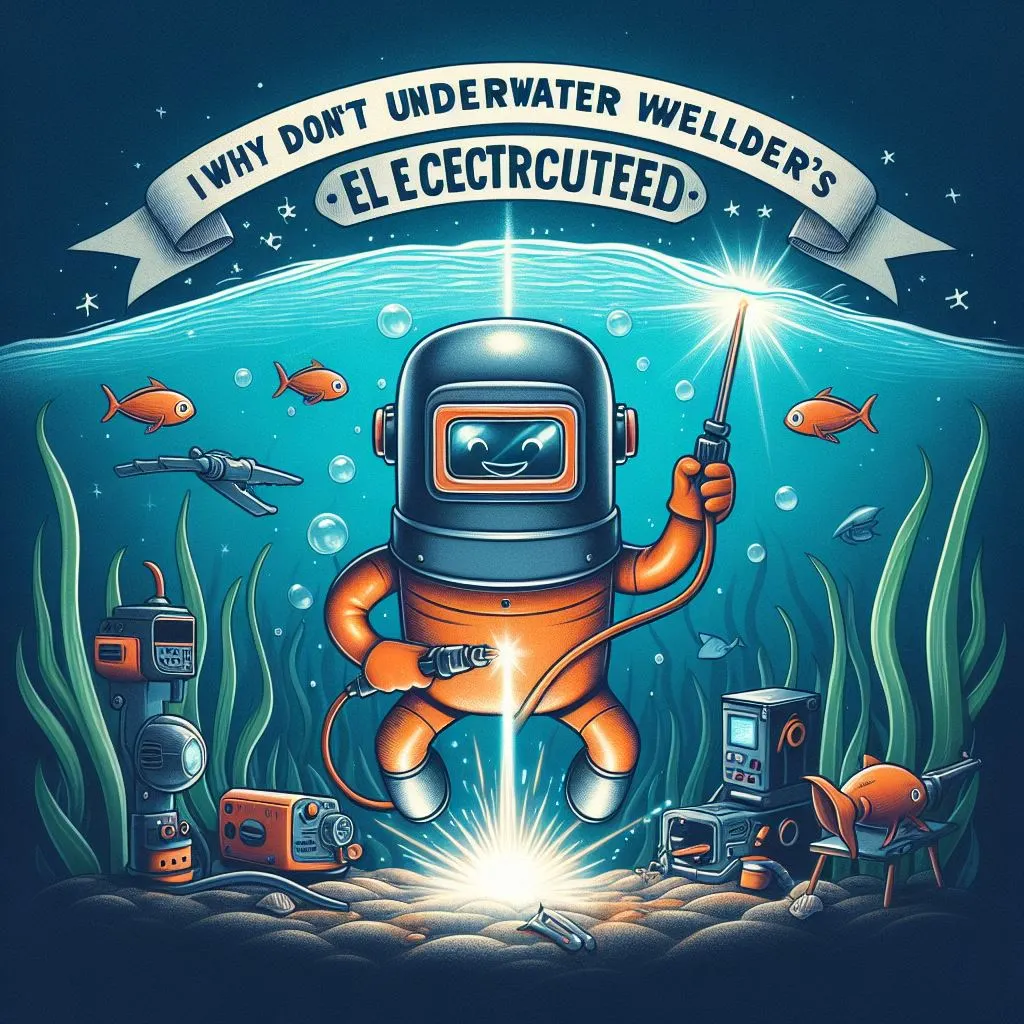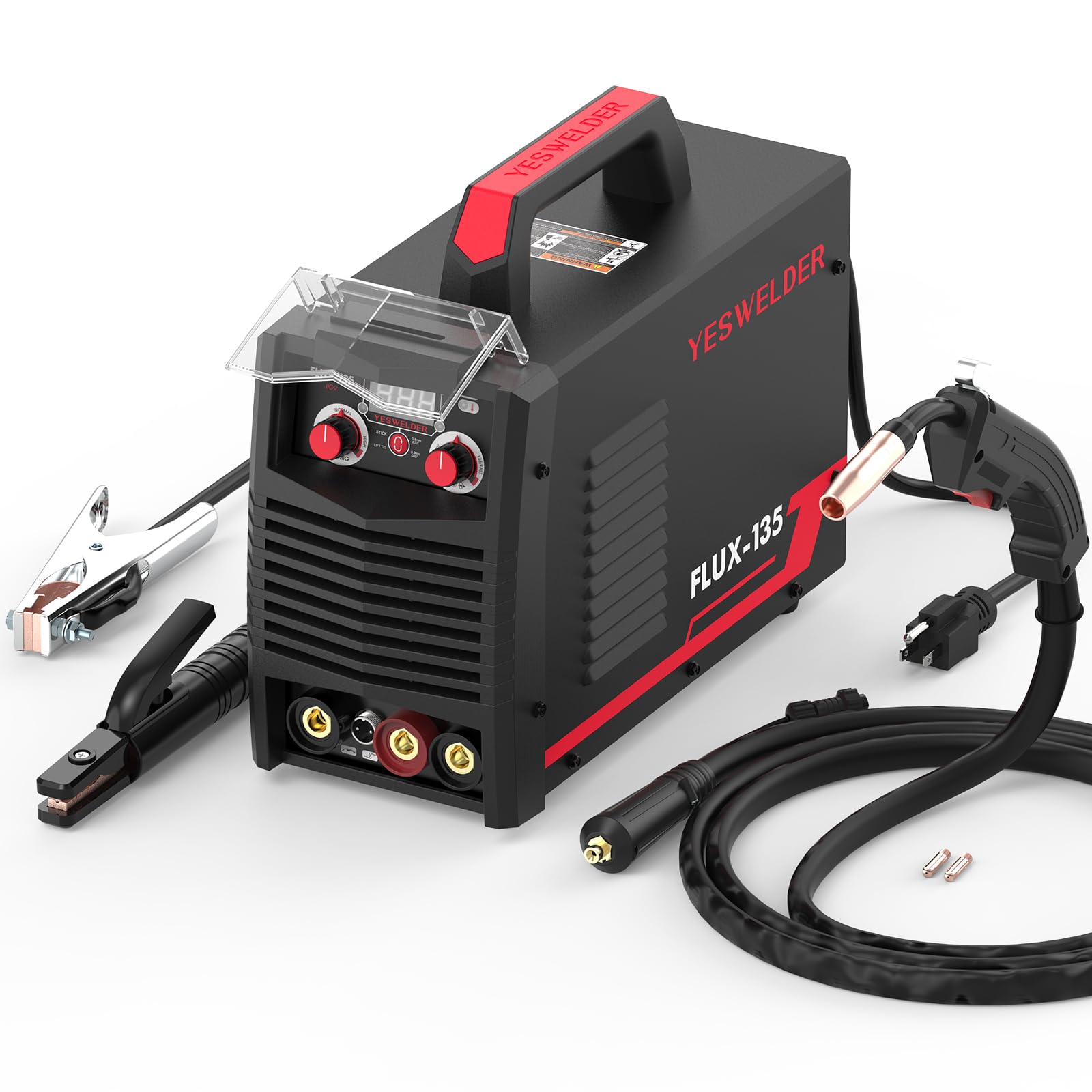Is It Safe to Run a Welder off a Generator
It is safe to run a welder off a generator provided that the generator can supply sufficient current and has adequate output for the welder’s needs. If you’re planning to weld off-grid, outdoors, or simply without access to a reliable electrical supply, you may wonder if running a welder off a generator is possible. Welders … Read more

